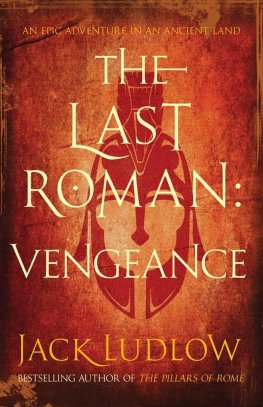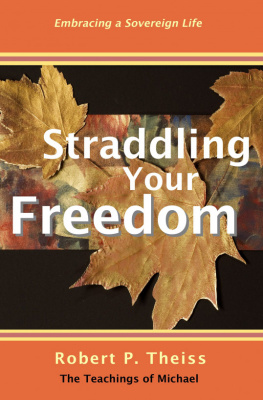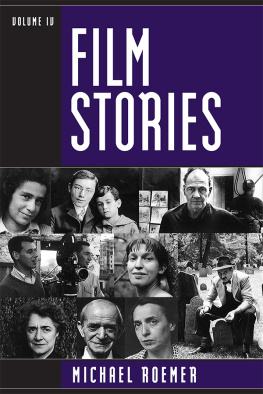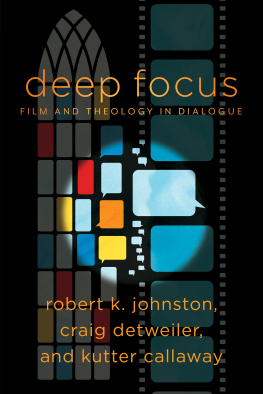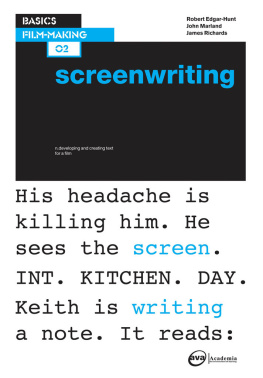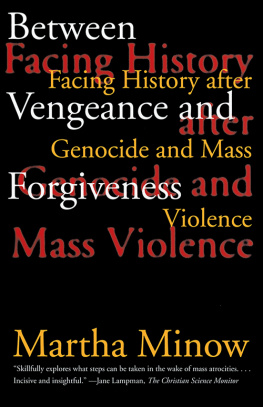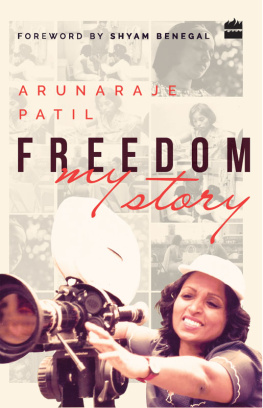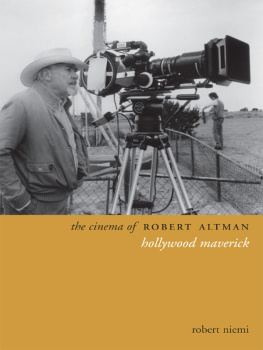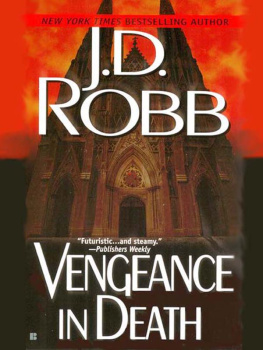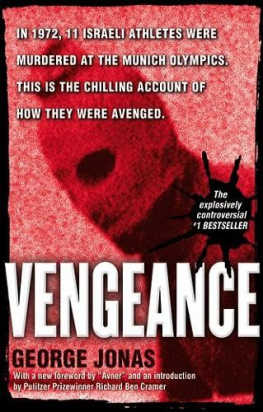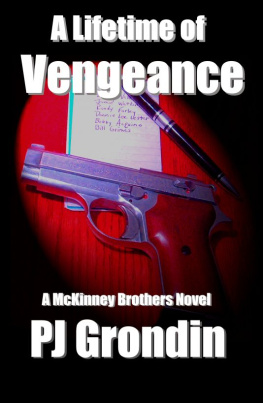Watkins Robert E. - Freedom and Vengeance on Film
Here you can read online Watkins Robert E. - Freedom and Vengeance on Film full text of the book (entire story) in english for free. Download pdf and epub, get meaning, cover and reviews about this ebook. year: 2016, genre: Politics. Description of the work, (preface) as well as reviews are available. Best literature library LitArk.com created for fans of good reading and offers a wide selection of genres:
Romance novel
Science fiction
Adventure
Detective
Science
History
Home and family
Prose
Art
Politics
Computer
Non-fiction
Religion
Business
Children
Humor
Choose a favorite category and find really read worthwhile books. Enjoy immersion in the world of imagination, feel the emotions of the characters or learn something new for yourself, make an fascinating discovery.

- Book:Freedom and Vengeance on Film
- Author:
- Genre:
- Year:2016
- Rating:3 / 5
- Favourites:Add to favourites
- Your mark:
- 60
- 1
- 2
- 3
- 4
- 5
Freedom and Vengeance on Film: summary, description and annotation
We offer to read an annotation, description, summary or preface (depends on what the author of the book "Freedom and Vengeance on Film" wrote himself). If you haven't found the necessary information about the book — write in the comments, we will try to find it.
Freedom and Vengeance on Film — read online for free the complete book (whole text) full work
Below is the text of the book, divided by pages. System saving the place of the last page read, allows you to conveniently read the book "Freedom and Vengeance on Film" online for free, without having to search again every time where you left off. Put a bookmark, and you can go to the page where you finished reading at any time.
Font size:
Interval:
Bookmark:

Robert E. Watkins is Associate Professor of Politics and Cultural Studies at Columbia College, Chicago. He has published in, among others, the journals Political Theory, History of the Human Sciences and Perspectives on Politics.
What can cinema offer political theory? And what can political theory contribute to the experience of film? Through a series of transformative readings of recent Hollywood films, American political thought, and contemporary cultural theory, Watkins discerns the threads of a new political film genre that organizes itself around the representations of precarious lives. In doing so, Watkins challenges us to rethink not only the terms of what a cultural politics may be, but also its reach, sensibilities, and limits. What one discovers in the pages of Freedom and Vengeance on Film is the centrality of spectatorship for a radical democratic politics that isnt easily persuaded by the fragile myth of American individualism and autonomous choice. More than this, Watkinss book is an exemplary instance of an ethics of paying attention to the world of appearances that imbues and surrounds our contemporary condition.
Davide Panagia, Associate Professor of Political Science, University of California, Los Angeles
Arguing that we are not sovereign, isolated individuals, but dependent, precarious subjects, Robert E. Watkins aims his critical sights on the hollow idea of individualism that hovers near the heart of American liberalism. But this is not yet another abstract critique of liberal political philosophy; instead, in doing cultural politics by reading recent American film, Watkins offers a deft analysis of the powerful and abiding notions of freedom and vengeance. He thereby reveals to his readers the tangible reality of liberal practices of freedom, showing not just that sovereign individualism is a myth, but how that myth sustains itself and with what effects.
Samuel A. Chambers, Associate Professor of Political Science, Johns Hopkins University
The myth of the self-reliant individual saturates US cinema, and Robert E. Watkins offers an incisive analysis of its effects. He shows how filmic visions of individualism ignore social dependence while legitimating domination and vengeance. Yet Watkins also reveals an alternative cinema that rejects the violence of individualism by emphasizing unchosen experiences of political vulnerability. This astute and timely book should be read by political theorists, film scholars, and anyone interested in investigating the US political imaginary.
Elisabeth Anker, Associate Professor of American Studies and Political Science, The George Washington University
Freedom and Vengeance on Film
Precarious Lives and the Politics of Subjectivity
ROBERT E. WATKINS

Published in 2016 by
I.B.Tauris & Co. Ltd
London New York
www.ibtauris.com
Copyright 2016 Robert E. Watkins
The right of Robert E. Watkins to be identified as the author of this work has been asserted by the author in accordance with the Copyright, Designs and Patents Act 1988.
All rights reserved. Except for brief quotations in a review, this book, or any part thereof, may not be reproduced, stored in or introduced into a retrieval system, or transmitted, in any form or by any means, electronic, mechanical, photocopying, recording or otherwise, without the prior written permission of the publisher.
References to websites were correct at the time of writing.
International Library of the Moving Image 30
ISBN: 978 1 78453 010 5
eISBN:978 0 85772 941 5
ePDF:978 0 85772 737 4
A full CIP record for this book is available from the British Library
A full CIP record is available from the Library of Congress
Library of Congress Catalog Card Number: available
Typeset by Newgen
Printed and bound by CPI Group (UK) Ltd, Croydon, CR0 4YY
Table of Contents
For Smita
We built something
Acknowledgements
My having written this book is a very concrete illustration of the very idea at the heart of this book: that I am not autonomous but rather dependent, in this case on many colleagues, institutions, friends, and family. To my mind, one especially familiar and compelling way to capture that essential dependence is through the idea, the practice, and the language of family, because of the way it can account for the chosen and the unchosen, the made and the inherited. I am blessed to have been a part of many supportive families, both academic and personal, and I am very grateful to them all for their companionship and assistance along my journey to become the thinker and writer that I am today.
I was fortunate to have had not one but two academic families during my time in graduate school, benefitting immensely from two communities of political scientists and theorists, one at the University of Pennsylvania and the other at Johns Hopkins University. I chose to attend Penn because of Anne Nortons understanding of the way that politics and culture are mutually implicated and constituted, and her guidance to me always been true that insight. At Penn, Anne was more than understanding as an advisorshe was easygoing, yet incisive, tolerant yet critical. She allowed me the freedom to chart my own course, and then helped me reorient when necessary. I was incredibly fortunate to cross paths with Uday Mehta while at Penn. Any student would be blessed to have a professor much less a mentor like Uday, for he combines a fearless intelligence with a delicacy of spirit that continues to inspire me as a thinker, a writer, and an advisor. To this day, I cannot imagine my own thinking absent Uday having re-introduced me to Burke. While I was at Penn, many folks were very valuable to me as sharp interlocutors in the classroom and generous friends beyond it, including Bobbi Adams, Amel Ahmed, Graham Dodds, Michael Janson, Thomas Lee, Joe Mink, Mia Stillman, and Justin Wert.
At Johns Hopkins, I was welcomed and embraced by a vibrant group of theorists and friends. Though I did not take courses with these friends at Hopkins, I have nonetheless found them to be not only smart academics but welcoming and generous friends: Erin Ackerman, Libby Anker, Blake Etheridge, Simon Glezos, Matt Moore, George Oppel, Sacramento Rosello, Andrew Ross, Matt Scherer, Mina Suk, Lars Toender, and Nick Tampio. When I first ventured into political theory and film just after graduate school, I am grateful that Jane Bennett saw something in the work and encouraged me to develop it and connect with other political theorists doing work on visual culture, including Sam Chambers. Sam, who has since come to reside academically at Hopkins, has been the most generous of counsellors and colleagues. In particular with regard to this book, I am exceedingly thankful for his help in cultivating this book project at its early stages as well his comments on many chapters herein.
For the past five years while writing this book, I have frequently taught a hybrid political science/cultural studies course at Columbia College Chicago called Power and Freedom on Screen based on this book project as it evolved through many stages. I want to thank my many perceptive students for their thoughtful engagements with the course and with my ideas, however strange or muddled they may have been at the time: Mitch Arnold, Ariel Atkins, Sarah Barnett, Caroline Browne, Kayla Christofferson, Miranda Coffeldt, Megan Coronado, Nicole Erhardt, Raven Feagins, Amy Gooch, Brandon Howard, Leif Janzen, Chris Metzger, Nadezh Mulholland, Matt Ohlson, Lydia Raabe, Matt Real, Shelby Rothman, Heath Rumble, Janine Shoots, Lana Slaby, Tricia Van Gessel, and Rian Wilson. This book owes much to the many conversations and class discussions in which these and other students questioned and probed deeply as we dissected all of the films and the texts addressed here.
Font size:
Interval:
Bookmark:
Similar books «Freedom and Vengeance on Film»
Look at similar books to Freedom and Vengeance on Film. We have selected literature similar in name and meaning in the hope of providing readers with more options to find new, interesting, not yet read works.
Discussion, reviews of the book Freedom and Vengeance on Film and just readers' own opinions. Leave your comments, write what you think about the work, its meaning or the main characters. Specify what exactly you liked and what you didn't like, and why you think so.

